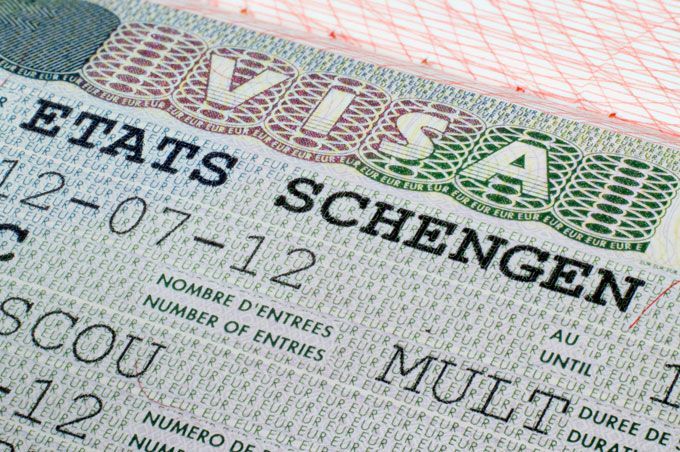Three weeks ago, Hawaii Lt Gov David Ige said in an interview that he would rather welcome tourists from Japan, Korea, and Australia first in the reopening than mainland Americans tourists. And no one blinked an eye, precisely because it seems the most logical, common sense thing to do — and that in itself says a lot about the state of American tourism in 2020.
Tourism to and from America would normally be a key indicator on how consumer sentiment and the larger economic recovery goes from here, but these are not normal times of recovery as a pandemic still rages on.
As America continues to be the global hub of coronavirus infections and deaths, it is about to become a pariah state of tourism, both inbound and outbound. In fact, The New York Times just reported earlier on Tuesday that the European Union is looking to make official its already widely-known unofficial stance that Americans (and other high-infection nations) won’t be welcome this summer.
America has already become the laughing stock of the world for its pandemic response, for how lax even the so-called restrictions have been inside the country have been, and how the wearing the mask — or not — has become a political symbol. Most countries, with their own internal challenges on political willingness, will not take the risk of opening up to American tourists this year, and potentially well into next year.
The result is a stunning reversal: Americans were traveling out of the country in bigger and bigger numbers in recent years – taking 93 million international trips in 2018, up 6.3 percent, and an estimated 100 million in 2019, up 7.6 percent, according to data from the U.S. Department of Commerce and Skift estimates.
Much of it was spurred by oversupply and hence low global fares across the board in air, hotels, short-term rentals, tours and other types of travel supply. And, of course, the U.S. economy was doing well, with record low unemployment, high consumer sentiment and a favorable exchange rate on the dollar in popular destinations around the world, including in Mexico, Canada, the UK, and European countries that use the euro.
But that boom has come to a grinding halt, and indications are that most countries around the world won’t be welcoming Americans with open arms anytime soon, except perhaps Caribbean Islands that are heavily dependent on tourists for their economies, majority of which are U.S. travelers. The European countries will be devoid of American tourists this summer.
Also, the international airfares remain high, as airlines have reduced most international capacity to almost zero and social distancing measures over long haul of these flights. This, at a time where so much of purchasing power destruction has happened to the American wallet all across the economic spectrum.
For inbound tourism, things are a lot more complex: while the world had been going through a decade long boom in tourism arrivals — hence the word “overtourism” was coined by us at America’s tourism growth rate had been on a decline for the last four years. Much of it was attributed to “Trump Slump”, a drop in America’s prestige, the effects of an expensive dollar, the ramifications of President Trump’s various trade war spats, and the unwelcome mat that our political leadership laid out for, well, just about anyone coming here.
Over the last few years, many countries had issued travel advisories to U.S., particularly in response to mass shootings, and while those warnings were a curiosity then, the sustained damage to America’s image has already happened, particularly in 2020.
Then there’s the reality of today: American borders are shut for most part, even to our genial neighbor Canada, and those border closings continue to get extended. The geopolitical tussle between U.S. and China continues, even on the seemingly-straightforward issue restarting of flights between the two countries. As we have seen in the past, China could issue a diktat to its citizens to not visit U.S. for incoming months and years, as it did in 2017 for visit to South Korea following political tensions.

























